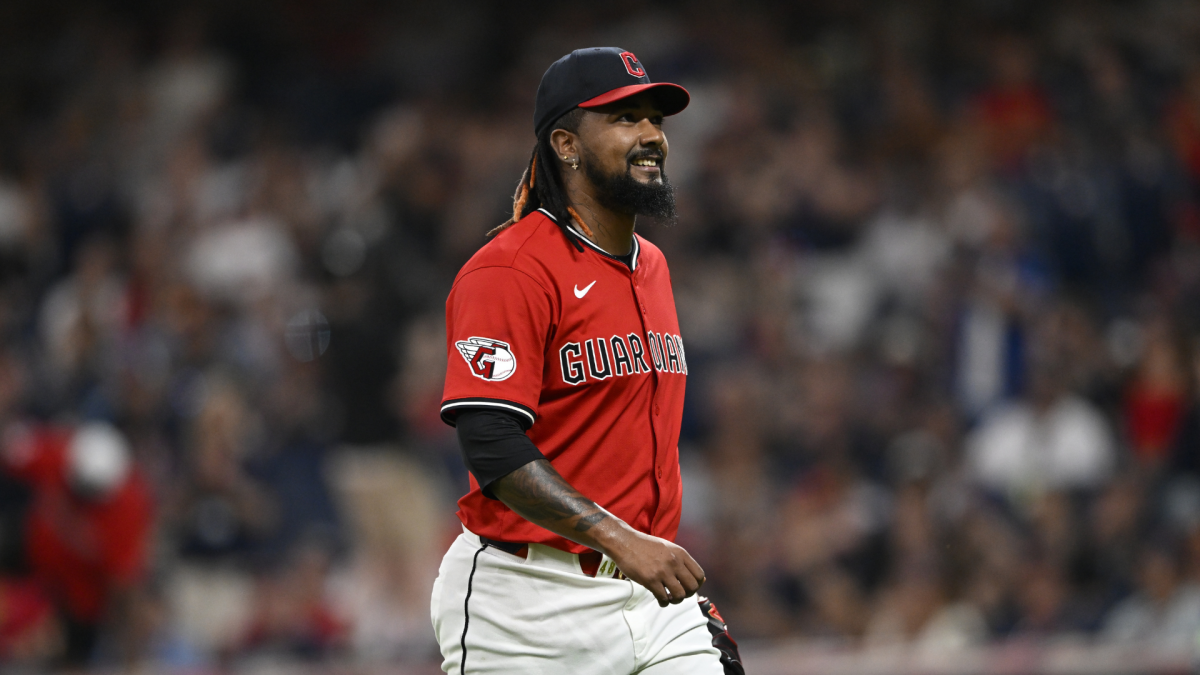Major League Baseball (MLB) is currently dealing with the fallout from a gambling scandal, while the NBA is already grappling with similar issues. The Justice Department’s prosecution continues, leaving leagues and sportsbooks to figure out how to prevent such incidents in the future. Historically, scandals have been isolated to individual players, which makes sense since manipulating a single player’s stats requires access to that player. Prosecutors allege that Guardians relief pitchers Emmanuel Clase and Luis L. Ortiz were involved in fixing specific pitch outcomes, such as pitch velocity or strikes.
There’s a debate about whether sportsbooks should ban prop bets, especially those on individual player stats, to protect the sport’s integrity. However, it’s complicated. Unauthorized individuals can still cause problems, and scandals like the Black Sox—where many players were involved in match-fixing—are unlikely to happen unnoticed today. NBA Commissioner Adam Silver mentioned that some prop bets are being withdrawn because they are too easy to manipulate, especially when involving two-way players or small events that don’t affect the overall score much. The NFL has joined the player props market but prohibits betting on very specific plays like “the first pass will be incomplete.”
In response to the Clase scandal, MLB limited pitch-specific betting markets but sportsbooks are reluctant to eliminate prop bets altogether. John Murray from Westgate Las Vegas Superbook said they have no intention of banning player props, noting they monitor suspicious betting patterns closely to protect themselves and maintain integrity. Matthew Bakowitz, a former Red Sox compliance officer and sportsbook manager, noted baseball and basketball are more vulnerable to individual manipulation because single players have a greater influence on the game. He argues that prop bets provide fans with engagement and instant gratification and are not about stopping gambling but deterring cheating since most casual bettors don’t wager large sums on these bets.
Historically, gambling-related scandals have been expected in sports where betting is legal. Clase’s involvement was surprising given his lucrative contract, but he allegedly earned just a few thousand dollars per fixed pitch, which seems a high risk for low reward. Bakowitz emphasizes that while legalized sports betting attracts bad actors, the overall system is not inherently corrupt—mistakes or isolated issues occur but do not represent widespread corruption.
MLB worked with sportsbooks to restrict pitch-level bets by capping bets at $200 and banning parlays to reduce fraud incentives. MLB Commissioner Rob Manfred stressed that protecting game integrity is their top priority. Sportsbooks support these limits as fans can still place bets on props, and the books bear the cost when market manipulation is detected.
High-profile cases like Clase’s act as strong deterrents. Facing prison time and lifetime bans, the risk outweighs the reward for players considering cheating. Industry experts believe swift punitive action against fraud will further discourage such behavior. The existing systems for detecting cheating and fraud are effective, similar to PED testing in sports.
Some argue banning all gambling would solve the problem, but experts believe illegal gambling will persist regardless. Regulation and legalization create an environment where cheating is more detectable and punishable, helping preserve the game’s integrity. Most sports bettors are simply enjoying the game and not involved in illegal activities.
In summary, the current approach balances allowing fans to enjoy betting entertainment while implementing controls to minimize fraud risks. Though the situation is challenging, regulated sports betting is preferable to unregulated underground gambling, which was a major issue during past scandals like the Black Sox.
Fan Take: This scandal highlights the delicate balance between maintaining the purity of baseball and embracing the modern era of legalized sports betting. For fans, it’s a reminder that while betting can enhance engagement with the game, preserving its integrity must remain the top priority to ensure baseball stays fair and exciting for everyone.



